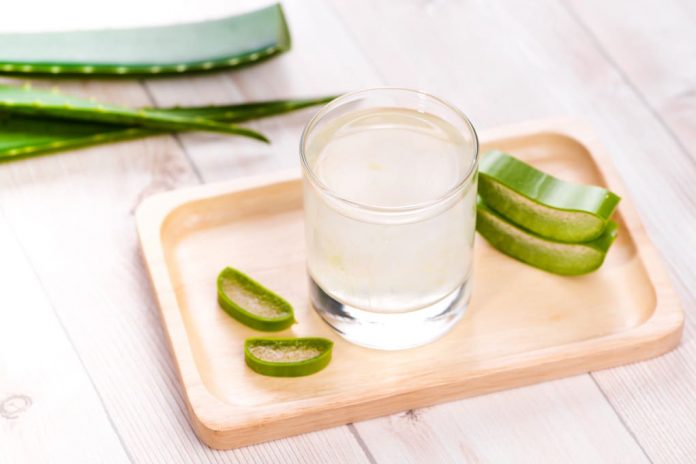
The aloe vera plant has been credited with many health benefits, and its value as a remedy for minor burns and cuts is nearly legendary. But aloe vera also has other gifts, and among them is an ability to reduce inflammation in its many forms, both internally and externally.
Inflammation can affect you in two different forms: acute and chronic. Acute inflammation begins quickly, becomes intense in a short time, and typically goes away after a few days. If you stub your toe, cut your arm, or bang your knee, acute inflammation is the likely response. Chronic inflammation can last for years. It usually occurs in response to exposure to toxins and other chemicals, accumulation of fat, or an autoimmune attack.
Read about 10 benefits of aloe vera juice
How aloe vera can fight inflammation
Many of the body’s serious diseases and symptoms are associated with inflammation, ranging from heart disease and rheumatoid arthritis to hay fever, periodontitis, asthma, inflammatory bowel disease, and more. Aloe vera contains various substances that are effective at reducing inflammation, both locally when it comes to cuts and bruises; and more generally, when faced with arthritis, inflammatory bowel disease, and other inflammatory conditions.
Read about 16 reasons why aloe vera rocks
- The inner leaf of aloe vera contains a gel that is rich in compounds such as chromones, enzymes, plant steroids, and polysaccharides. Which of these are involved in the fight against inflammation? In the latter group, both acemannan and glucomannan are critical for fighting inflammation because they can stimulate the immune system, speed up tissue regeneration, activate large white blood cells, and provide antiviral and antibacterial effects.
- Four fatty acids (also considered to be plant steroids) found in aloe vera, including beta-sitosterol, campesterol, cholesterol, and lupeol, have anti-inflammatory properties. These substances help reduce inflammation by inhibiting the inflammatory process triggered by damaged tissues. Campesterol, for example, produces new cells that help heal inflamed sites and works with bradykinin to relieve swelling.
- Hormones called auxins and gibberellins fight inflammation as well as assist in wound healing.
- Aloe vera fights inflammation by blocking the production of substances that promote inflammation, such as histamines and prostaglandins. It also assists in reducing the accumulation of fat and lowering water retention.
- Many of the enzymes in aloe vera breakdown fats and sugars associated with inflammation. One in particular, bradykinase, is especially effective at reducing excessive inflammation when it is applied to the skin.
- Aloe vera provides several antioxidants that are known for their ability to fight inflammation, including vitamins A and E.
- Aloe vera was named as one of the more effective herbal remedies for inflammatory bowel disease in a recent study from a team of Greek experts.
[Editor's Note: Our partner, Lily of the Desert, has a variety of topical and oral aloe vera products that can help you reduce inflammation.]










